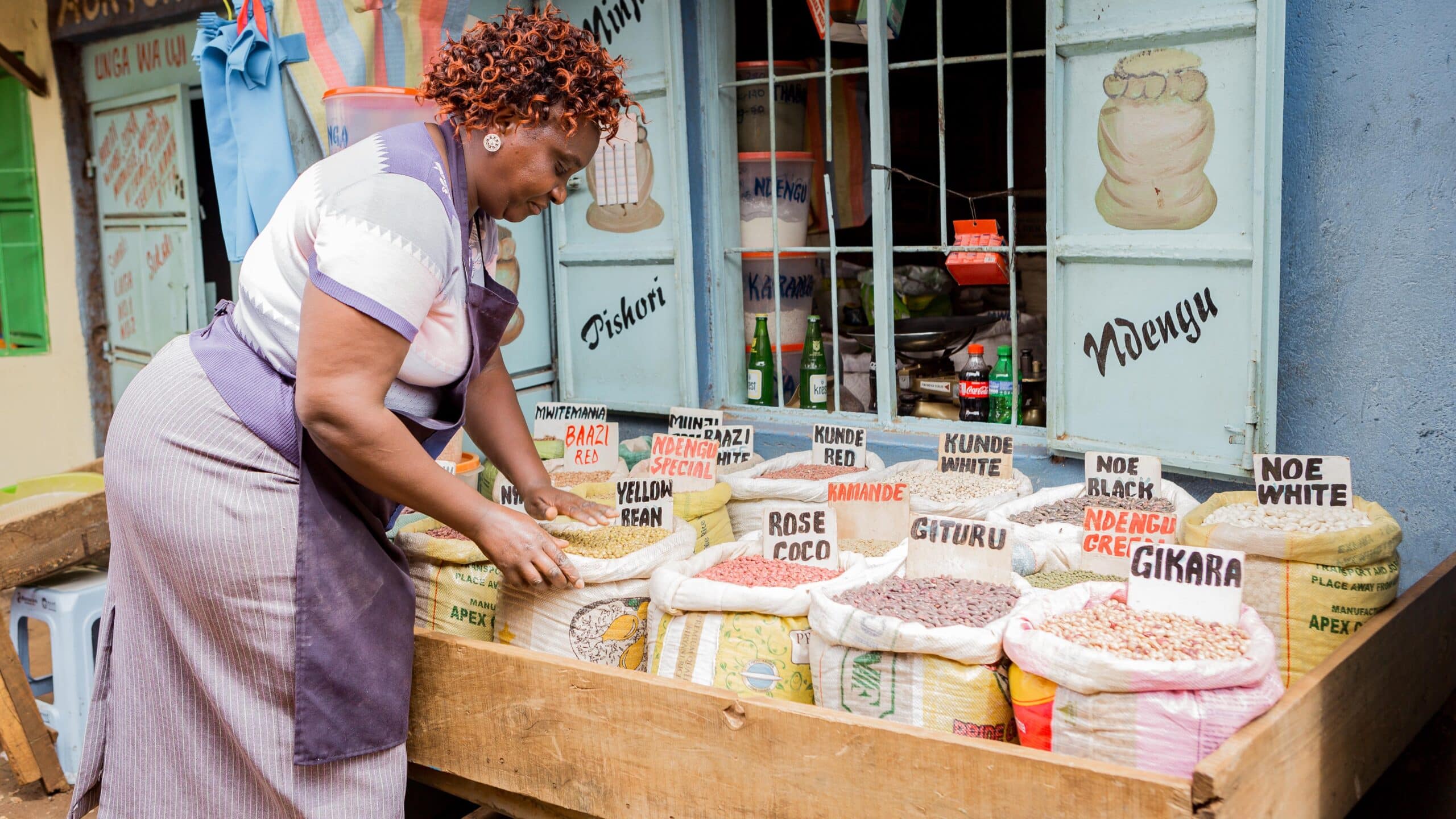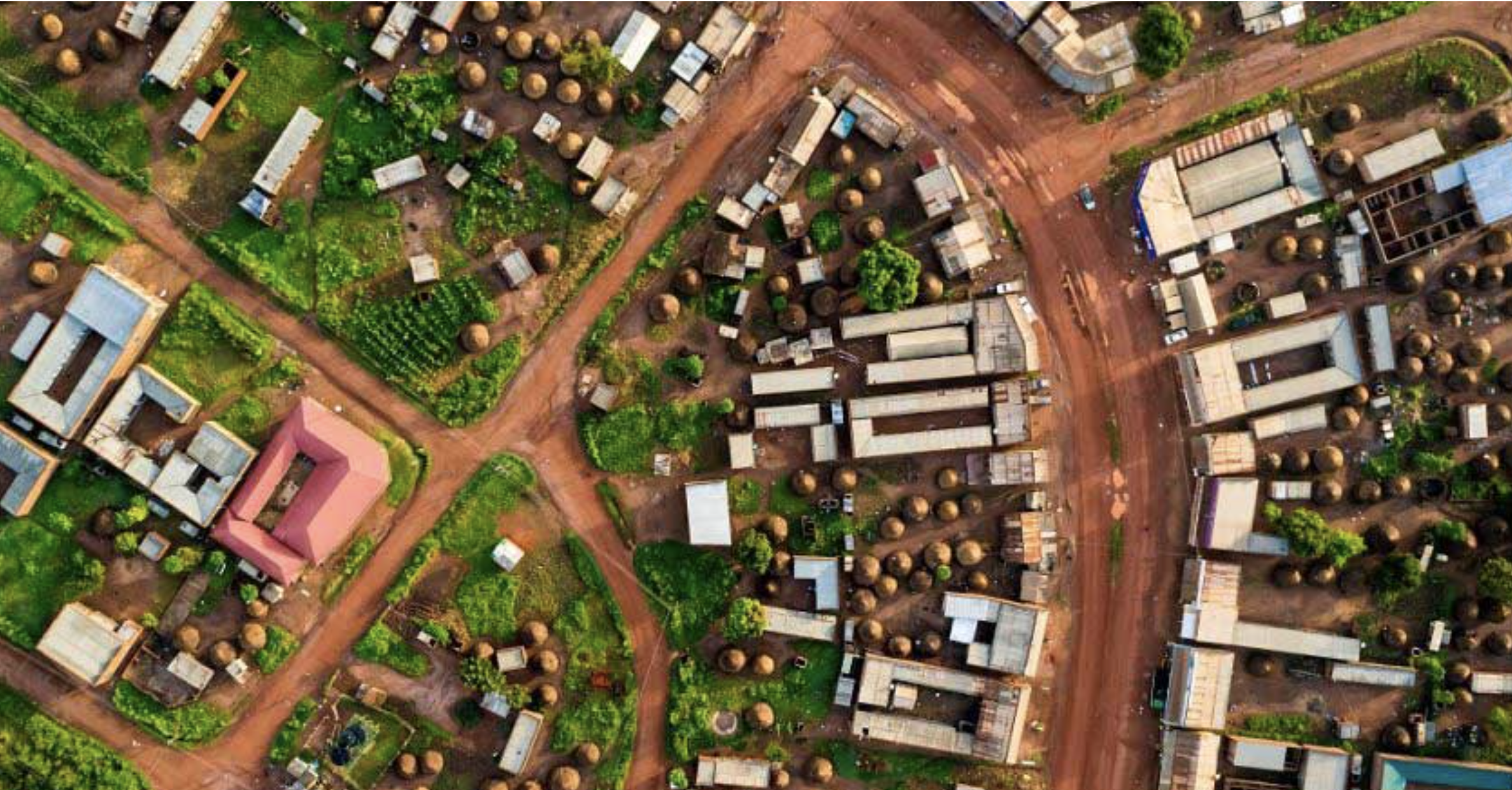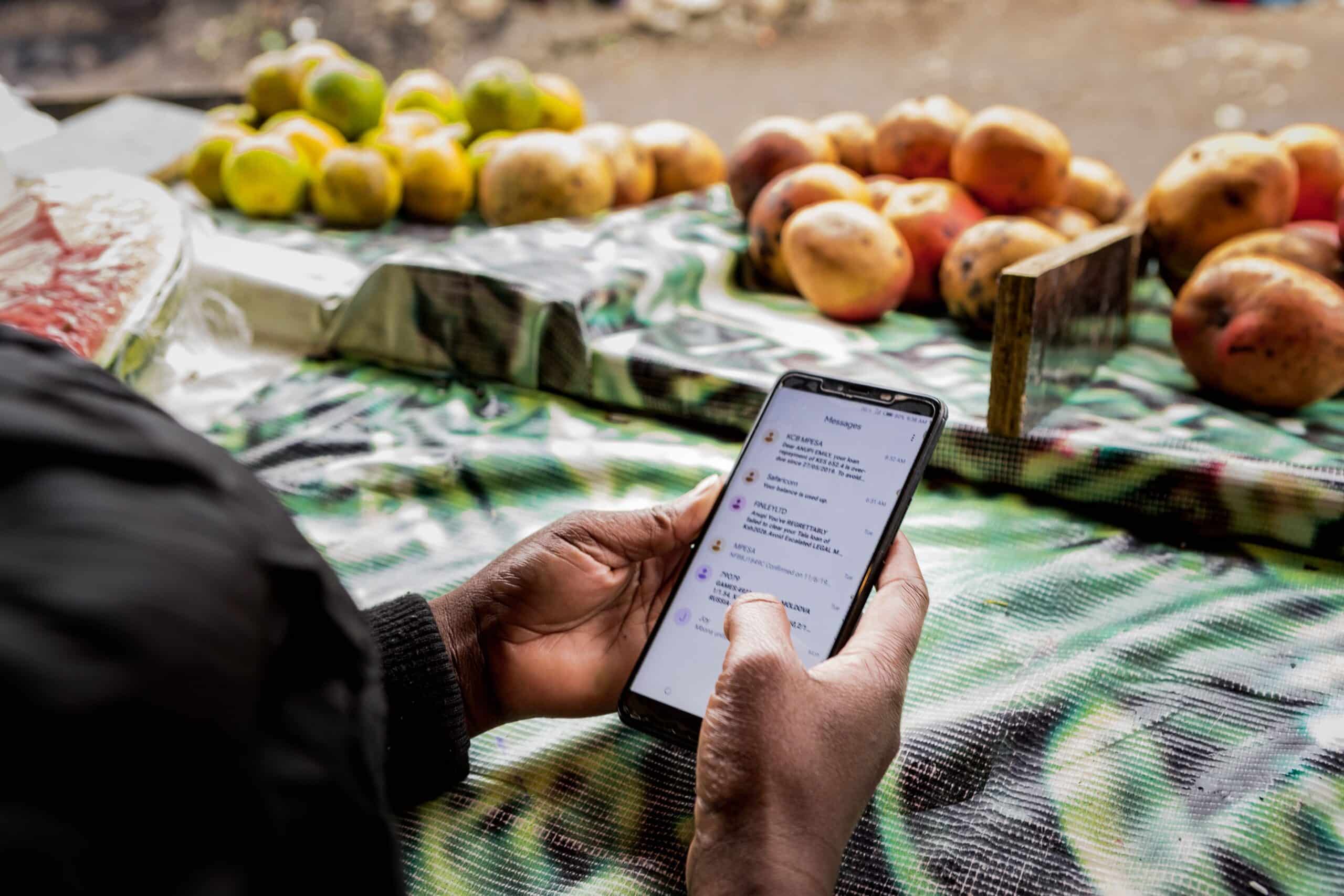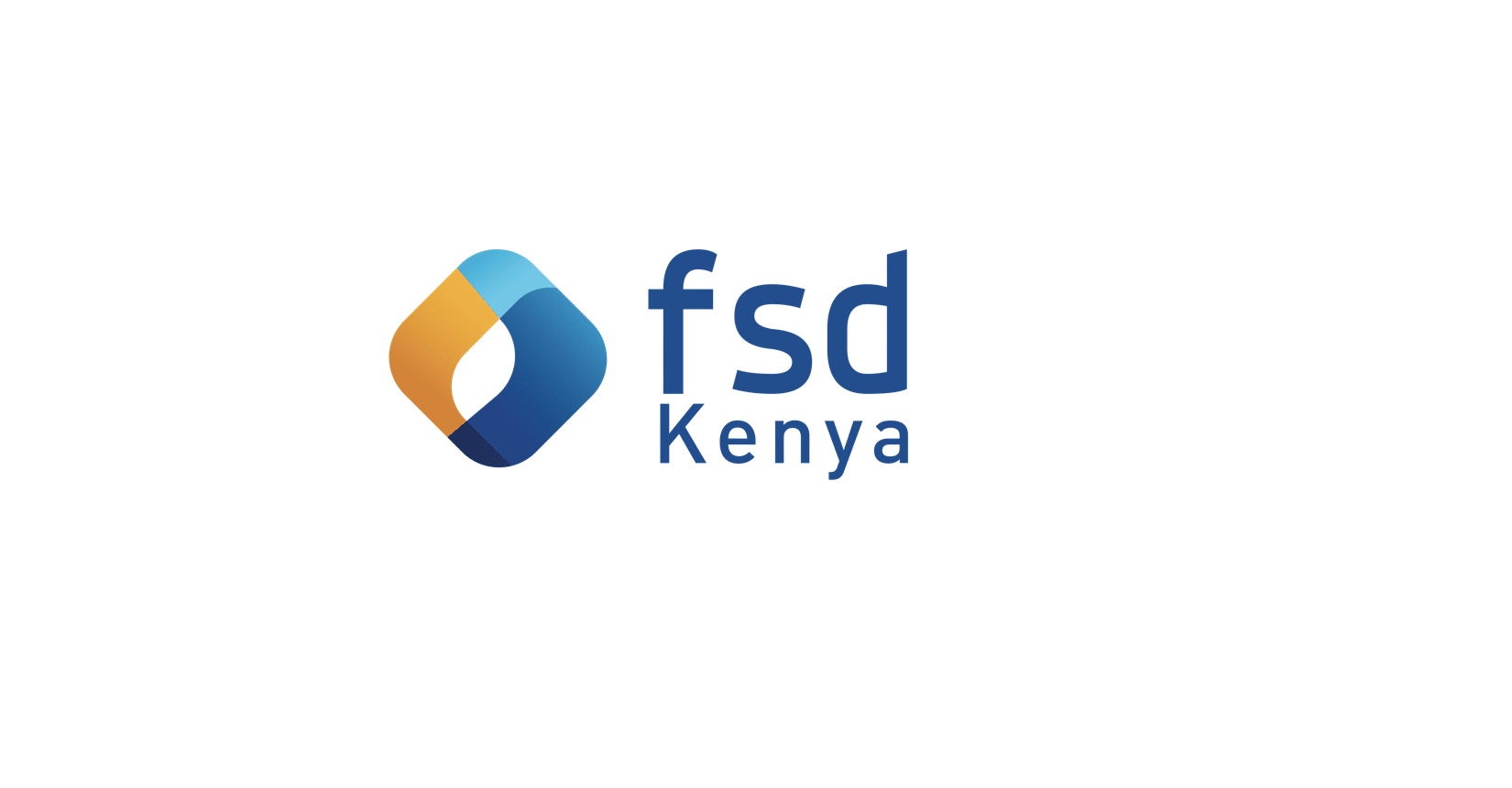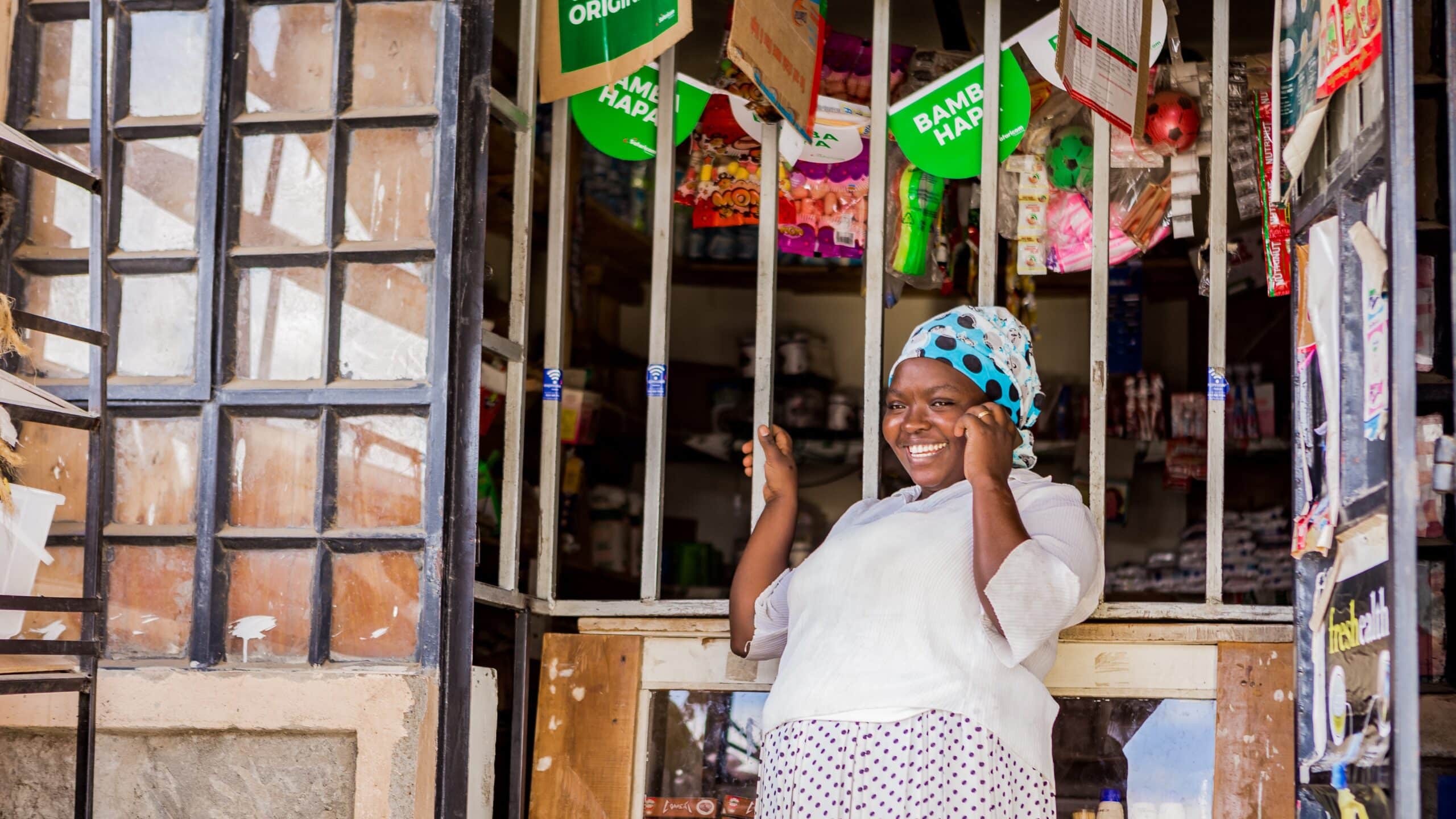Women with access to a range of appropriate financial
services are more likely to develop sustainable livelihoods,
invest more in health and education, and interact with
and benefit from markets.
In sub-Saharan Africa, however, less than 30 percent of women have an account with a financial institution; and women’s financial exclusion is more severe among the rural poor, young women and other marginalized population
Pillar: Early-Stage Finance
Nairobi, Monday 14th August 2017 – The volume of remittances to Africa is growing year by year but prices for international transfers are still relatively high. Blockchain and Distributed Ledger Technology (DLT) can assist to; reduce the cost of remittances, increase speed of settlement, reduce settlement risk, decrease entry barriers for financial institutions, improve the interoperability of different financial instruments and enhance the regulatory frameworks that oversee funds transfers such as Know Your Customer (KYC) and Anti-Money Laundering (AML) processes.
This is according to a new report, entitled ‘Blockchains, Distributed Ledgers and Funds Transfers: An Overview’, published today by the Financial Sector Deepening Africa (FSD Africa) in partnership with Consult Hyperion. The report states that DLT presents opportunities for new ways of performing funds transfers, payment settlement and regulatory oversight, due to its decentralised, replicated and transparent nature.
It comes at a time when FSD Africa has just released a report on ‘Reducing Costs and Scaling UP UK to Africa Remittances through Technology.’ The report finds over 1 million people born in Africa and living in the UK are paying more than £300 million a year to send money to friends and family back home. Nine out of ten send money through agents and just one in ten send money digitally, which makes Africa the most expensive place to send money in the world.
Commenting on the report, Salome Parulava, Associate Consultant at Consult Hyperion and the author of the report said: “Blockchain and DLT can provide a foundation for needed infrastructural changes in expensive and inflexible funds transfer models. But although opportunities are promising, there are many issues that arise when considering the widespread adoption of the technology, which should be taken into account. The report aims to give an overview of both benefits and problems of the DLT usage in funds transfers.”
The report concludes that, DLT has the potential to act as a reliable ‘store’ of identity information available in near real-time and as a generator of dynamically changing identity attributes (such as creditworthiness). However, this is not straightforward. Reliability comes from intrinsic DLT characteristics (such as amend-only transaction history across parties and cryptographically secured transactions), but not exclusively from them.
To ensure trust and reliability, it is important that DLT solutions are developed in accordance with national laws and security standards, and take into consideration the views of all stakeholders.
FSD Africa in partnership with East Africa Venture Capital Association (EAVCA), Intellecap and FMO have published the findings of their sector study on the investment opportunities in FinTechs within East Africa.
The report’s core explores the funding options currently available for the sector: ranging from debt offering, grants and equity provision. With the increased success of FinTech players in East Africa, investors are keen to understand the opportunities available for capital deployment in East Africa’s FinTech space. The report assesses the financing options currently available in the market for target investors. It also explores the risks associated with the sector and how other investors deal with such risks. Finally, the report has explored returns available for FinTech investors in East Africa, to provide guidance on the region’s earnings potential.
Some highlights from the report:
- Africa is the second fastest growing region for Fintech investments, with an 87% Compound Annual Growth Rate (CAGR), after Asia Pacific;
- US$ 200 million was raised for Fintech businesses in East Africa in 2017;
- 98% of funds raised in East Africa went to Kenyan companies;
- Lending segment of Fintech sector attracted the highest number of funds raised between 2010 – 2017; and
- Equity financing accounted for 71% of total funds raised; debt financing 6% and hybrid financing 23%.
Kenya is seen widely as a ‘stand out’ success story on financial inclusion. The 10-year period from 2005 to 2015 witnessed enormous change in the financial sector. In 2015, two-thirds of the adult population have access to formal financial services compared with one-quarter in 2005; 8 million more people have gained access to services. Finance providers, previously little engaged with and in retreat from the mass, low-income market, are now innovating and expanding.
These changes have coincided with the life of FSD Kenya, an organisation formed in 2005 to facilitate financial inclusion, with a distinctive approach – market systems development or ‘making markets work for the poor’ (M4P), and a distinctive organisational form – an independent trust. This case study is about FSD Kenya, the role it has played in Kenya and what can be learned from this. It shows that FSD Kenya’s contribution to financial inclusion, while varying between individual activities, has been substantial in aggregate, and t(beyond Kenya), there are important lessons emerging from this experience for development funding and facilitating organisations.
The Kenyan financial system is bigger, more dynamic, more profitable and more innovative than ten years ago. It is also more inclusive, even if poor people have not been the biggest beneficiaries of its growth. Although helped by a generally favourable environment, FSD Kenya has contributed significantly to this change, pushing inclusion more quickly and successfully into the workings of the Kenyan financial sector. It has done this by intervening in a range of ways, throughout its ten-year life, and with different partners in the public and private sectors. While the specific focus of interventions has varied it has involved work on different aspects of the market system including capacity-building, innovation, regulation, research and public infrastructure.
For funders and facilitators alike, the most important lesson from the experience is that FSD Kenya’s positive impact is vindication of its different function and form. The M4P approach that has guided its work has provided an appropriate framework and guidance for intervention and set a level of ambition that matches the development needs of the sector. As a trust, it has had the flexibility, operational space, resources and independence to engage effectively. More specifically, FSD Kenya has been effective because it has ‘got the big things right’ as a market facilitator.
Overall, for the financial inclusion/financial market development field globally, FSD Kenya’s experience therefore offers valuable learning for development organisations – funding agencies, practitioner facilitators, policy makers and researchers. It does not – cannot – provide all the answers to the challenge of facilitating inclusive financial markets, where some of the issues to be confronted – such as the ‘how much is enough’ challenge and political economy dilemmas – are inherently intractable. Nonetheless, FSD Kenya’s experiencection on how to engage effectively to bring about systemic change in financial (and other) markets.
The objective of the report is to assess whether the appropriate application of ‘new’ technologies could be leveraged by donors and other development agencies to increase formal remittance flows into Africa and/or reduce the cost of sending money home.
Fragile and conflict-affected states (FCAS) are of particular interest given the importance of remittances to livelihoods and post-conflict development, as well as the exacerbated challenges that are often faced in these jurisdictions.
Summary of discussion and outputs of the FSD Network Gender Learning Session.
The objective of the report is to assess whether the appropriate application of ‘new’ technologies could be leveraged by donors and other development agencies to increase formal remittance flows into Africa and/or reduce the cost of sending money home.
Fragile and conflict-affected states (FCAS) are of particular interest given the importance of remittances to livelihoods and post-conflict development, as well as the exacerbated challenges that are often faced in these jurisdictions.
The Tanzania Early-Stage Climate Adaptation Venture Landscape Report, conducted by FSD Africa and EIT Climate-KIC, offers a comprehensive analysis of the financing ecosystem for climate adaptation initiatives in Tanzania. The report highlights the nascent but growing startup ecosystem, underscoring the challenges faced by early-stage ventures, such as limited access to tailored financing options and a lack of investment readiness. It also identifies agriculture and energy as the dominant sectors, with innovative startups addressing climate challenges through AI, digital marketplaces, and sustainable technologies. However, bureaucratic inefficiencies and stringent financial regulations remain key barriers to scaling these ventures.
To foster a thriving ecosystem, the report outlines strategic interventions, including the expansion of incubators, enhanced investment readiness programmes, and the promotion of flexible debt financing solutions. It emphasises the importance of fostering stronger linkages between businesses, investors, and accelerators, while advocating for policy reforms to create a more conducive environment for climate adaptation initiatives. This roadmap aims to build a robust pipeline of investable businesses and attract diverse funding sources to scale impactful solutions for climate resilience in Tanzania.
FSD Africa Launches Carbon Accelerator Programme for the Environment (CAPE) to Unlock Finance for High-Integrity Nature-Based Carbon Projects in Africa
Nairobi, Kenya [01 November] – FSD Africa is proud to announce the launch of The Carbon Accelerator Programme for the Environment (CAPE), a pioneering initiative designed to catalyse investment into high-integrity nature-based carbon projects across Africa. CAPE addresses two critical challenges: the lack of investment flow into projects that tackle climate change and biodiversity loss, and the need to build confidence in Africa’s nature-based markets.
The programme aims to provide direct support to projects that have significant potential but are struggling to secure full funding. By leveraging a combination of high-quality carbon credits and biodiversity improvements, CAPE seeks to demonstrate that there is a viable commercial business case for investors while offering a solution to integrity challenges in nature-based markets.
CAPE will be delivered in partnership with Finance Earth, a leading independent impact investment advisory firm, as the implementing partner, and the Africa Natural Capital Alliance (ANCA), a collaborative coalition focused on mobilising private capital for nature-based solutions in Africa, as a core partner.
Nature-based carbon project developers are invited to register interest in the programme following this link, to receive an Expression of Interest form in the coming days. Following the selection process, CAPE will deliver project development funding and technical support to up to 5 projects for a year from Spring 2025.
Reshma Shah, Lead Carbon Markets, FSD Africa
“Having just returned from COP16 Biodiversity, the urgency of accelerating nature-based solutions that address both climate change and biodiversity loss is more evident than ever. CAPE, with its dual focus on carbon and biodiversity, offers the perfect platform for deepening our understanding of how to implement these solutions effectively. It not only highlights the importance of these initiatives but also showcases their investability, paving the way for impactful projects that can transform our relationship with nature.”
A new approach to nature-based carbon financing
CAPE’s unique approach targets projects that are technically feasible but have yet to reach financial close. Through the provision of transaction advisory services and technical project development support, CAPE will create demonstration cases to show how joint carbon financing and nature-positive ventures can be investable.
By integrating carbon credits with biodiversity conservation, CAPE addresses revenue issues in biodiversity projects and offers investors practical guidance on harnessing the potential of nature-based solutions. CAPE is positioned to demonstrate how these models can scale to meet investor demand for high-integrity projects.
Dorothy Maseke, Head of the ANCA Secretariat
“At ANCA, the launch of the Carbon Accelerator Programme for the Environment (CAPE) is a pivotal moment in advancing Africa’s nature-based markets and living to the principles and actions of the ANCA Nature Voices Pledge. CAPE reflects months of consultations with ANCA members and key stakeholders through FSD Africa’s work, aiming to tackle two core challenges: the limited investment flow and the confidence gap in Africa’s nature-based solutions. By partnering with FSD Africa and Finance Earth, we are supporting high-potential projects that struggle to secure full funding. CAPE will make a compelling case for investment in these vital markets, catalysing long-term support for sustainable projects across the continent.”
Building a market for high-integrity projects
One of the key features of CAPE is the creation of a “living lab”, where knowledge and best practices will be open sourced for the benefit of the wider market. This will provide a platform for developers to learn from peers who have successfully navigated similar challenges and will include templated guides and resources to help other projects advance towards financial close. By building this ecosystem, CAPE is ensuring that a pipeline of high-integrity nature-based carbon projects can be replicated and scaled.
Richard Speak, Managing Director, Finance Earth
“The launch of CAPE comes at a pivotal moment to mobilise the investment needed to tackle climate change and biodiversity loss across Africa. We are thrilled to partner with FSD Africa and ANCA to deliver CAPE, providing support in the critical phase of the journey to unlocking investment in high-integrity nature-based carbon projects. By working closely with project developers and openly sharing what works, we will not only create individual success stories – we’re aiming to build a community of practice that can accelerate financing for nature, climate and communities across Africa.”
Expected benefits of CAPE
Accelerated investment – by demonstrating the financial viability of projects that combine carbon credits and biodiversity conservation, CAPE will unlock new flows of capital into unfunded areas.
Increased project integrity – CAPE’s rigorous approach ensures that projects are of high integrity, addressing long-standing challenges in the carbon markets.
Market-building resources – the open-source nature of CAPE’s “living lab” will help replicate success and scale the market for nature-positive carbon projects across the continent.
